
Art Gharana — 5 Mins read
Shruti Petti: A Traditional Musical Instrument
Musical Instruments
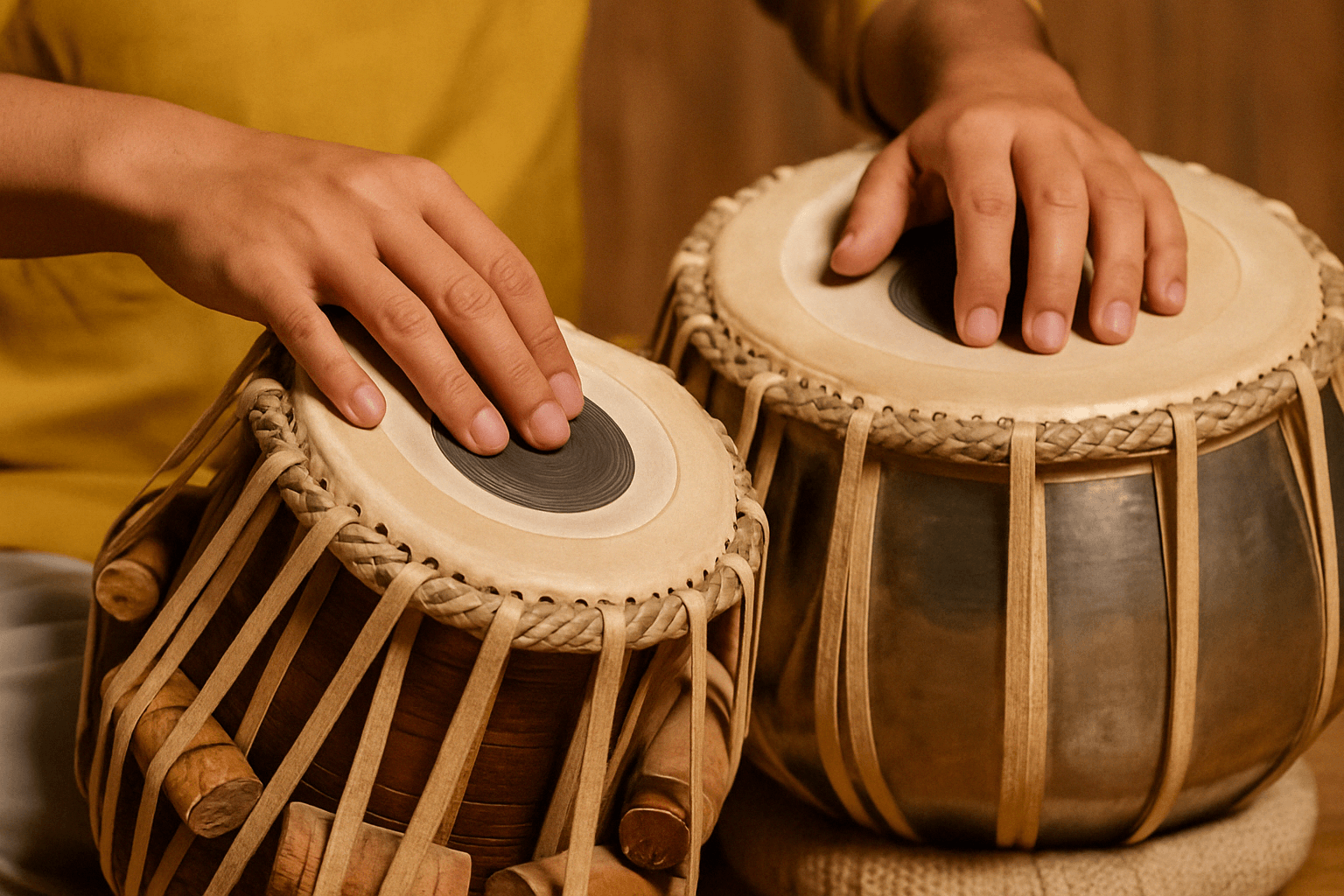
Learning the tabla is an exciting journey, but like any skill, progress depends on consistent and structured practice. Whether you’re a beginner or an advanced player, a well-organized practice routine helps build rhythmic accuracy, hand coordination, and improvisation skills. Here’s how you can create an effective tabla practice schedule to accelerate your learning.
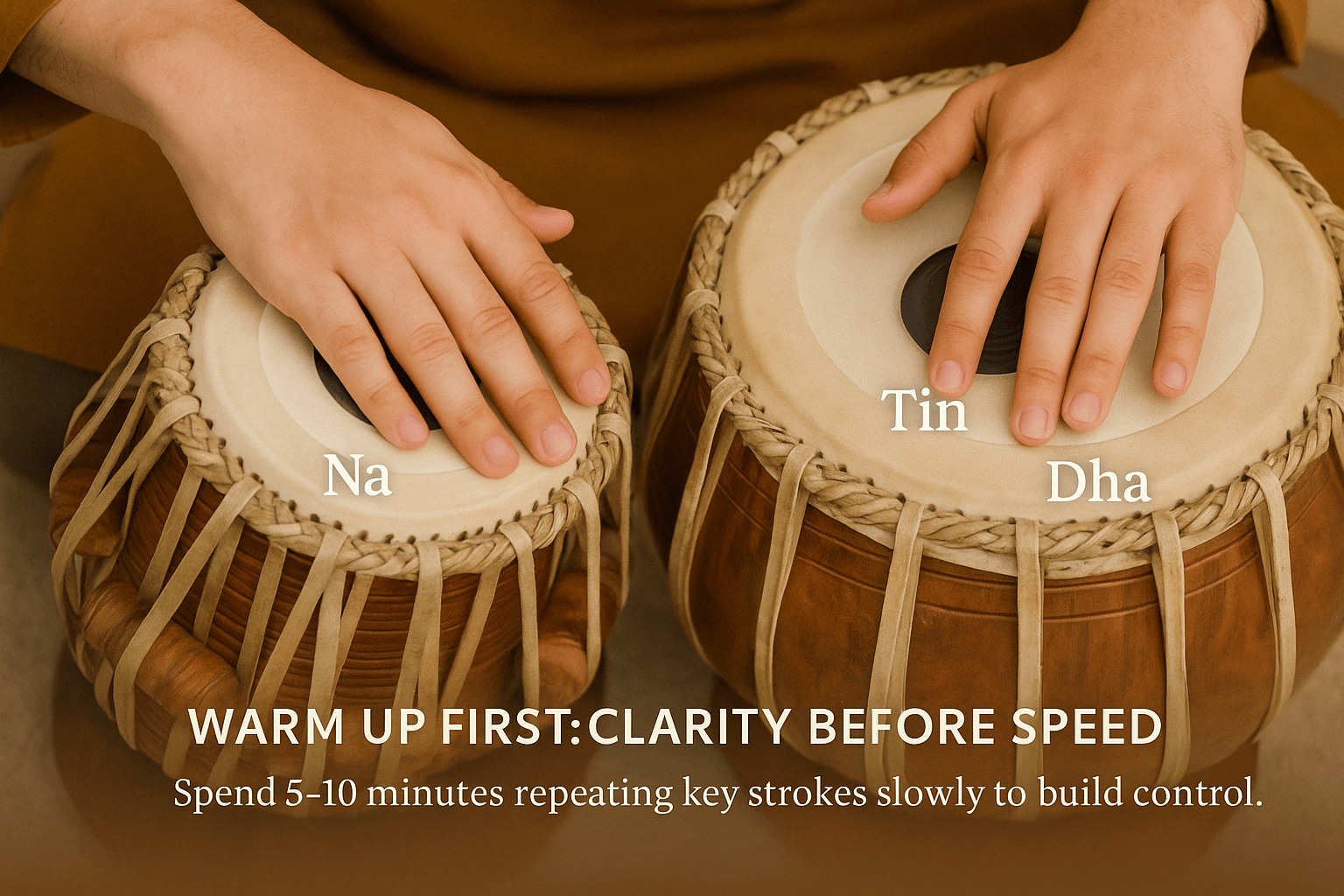
Before jumping into complex rhythms, it’s essential to warm up your hands and fingers. This improves dexterity, balance, and control over strokes.
Spending 5-10 minutes on warm-up exercises ensures better control over the tabla music instrument and prevents strain.
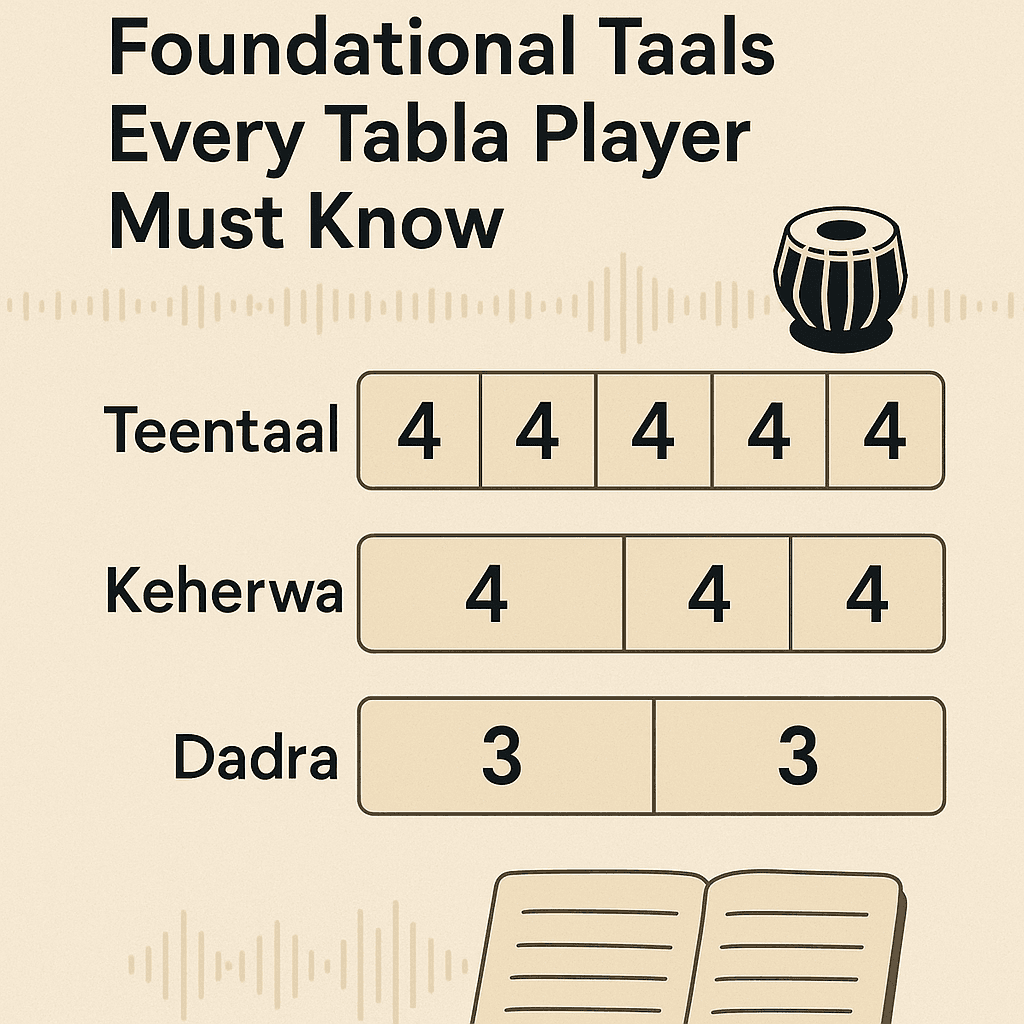
Mastering taals (rhythmic patterns) is crucial for any tabla player. Beginners should start with foundational taals like:
Practice each taal slowly, ensuring each stroke is crisp and clear. Use a metronome or lehra (melodic accompaniment) to maintain timing.
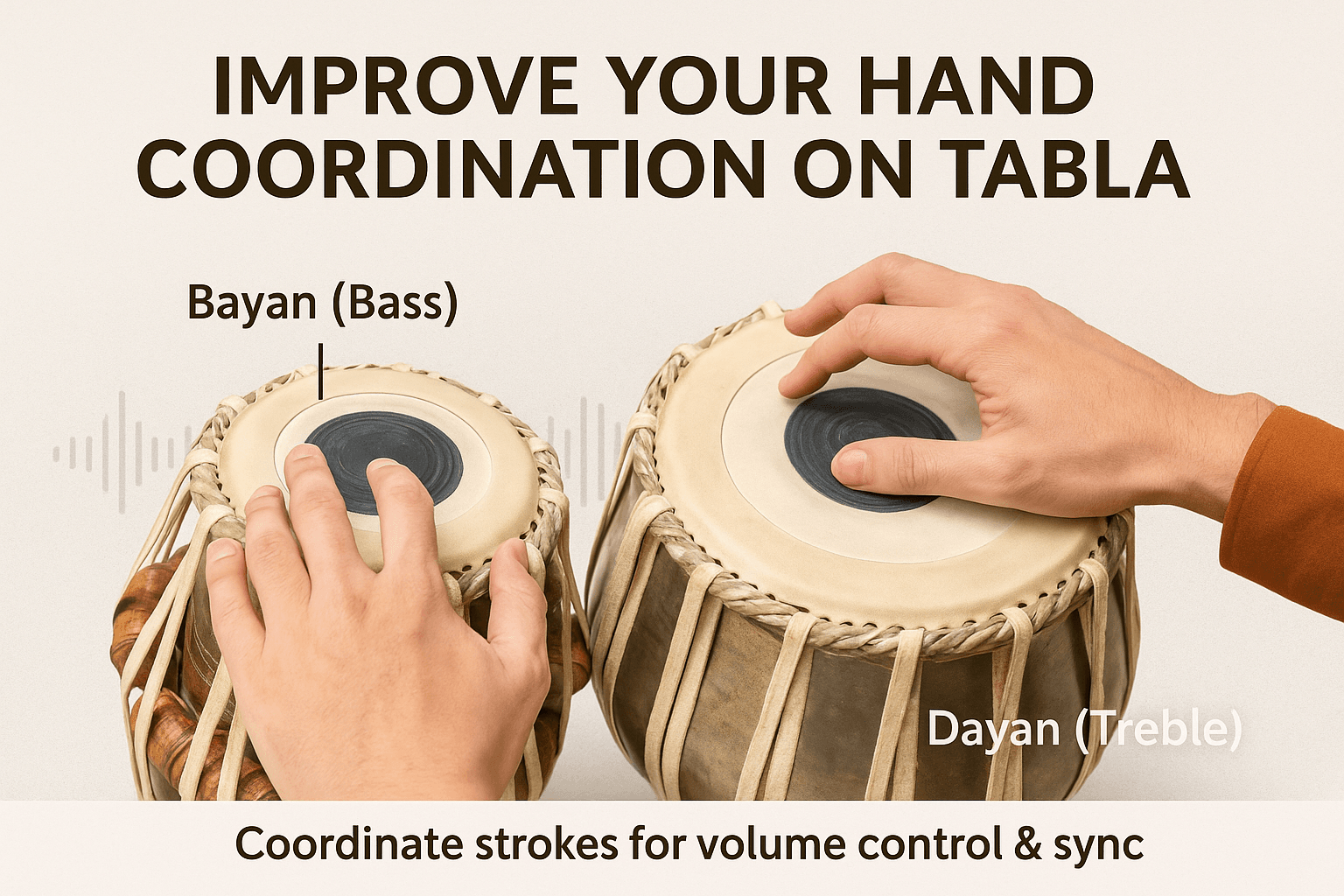
The tabla is unique because it requires both hands to work independently. Strengthen hand coordination by:
A solid foundation in hand control will enhance your ability to play complex compositions.
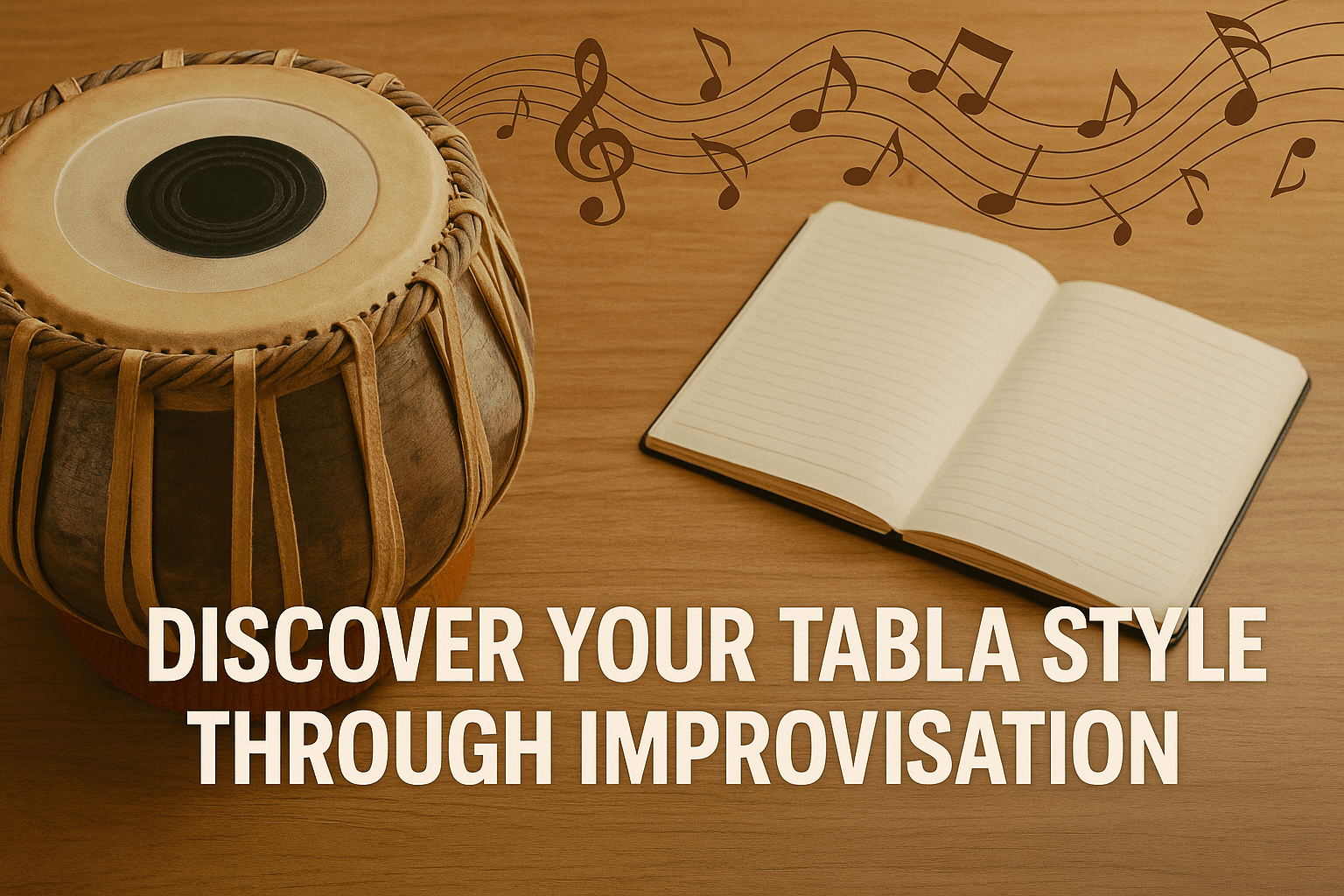
Once you are comfortable with basic tabla rhythms, start experimenting with improvisation. Improvisation allows you to:
If you need expert guidance, join an online tabla class where professional instructors teach improvisation techniques.
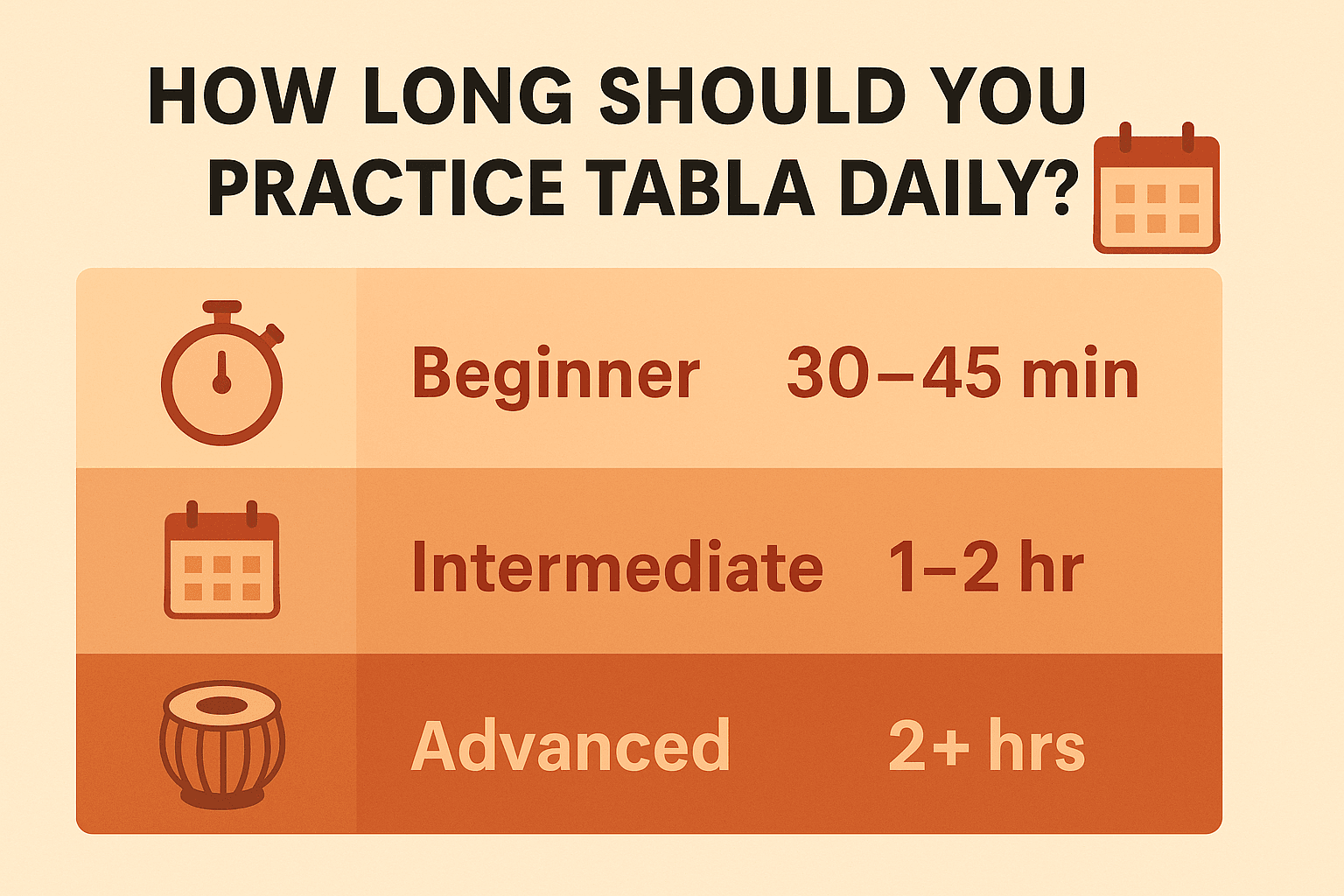
To see progress, stick to a structured practice routine:
If you ever feel stuck, seeking help from a community can be beneficial. Join the Art Gharana support community to connect with fellow learners and get expert advice.
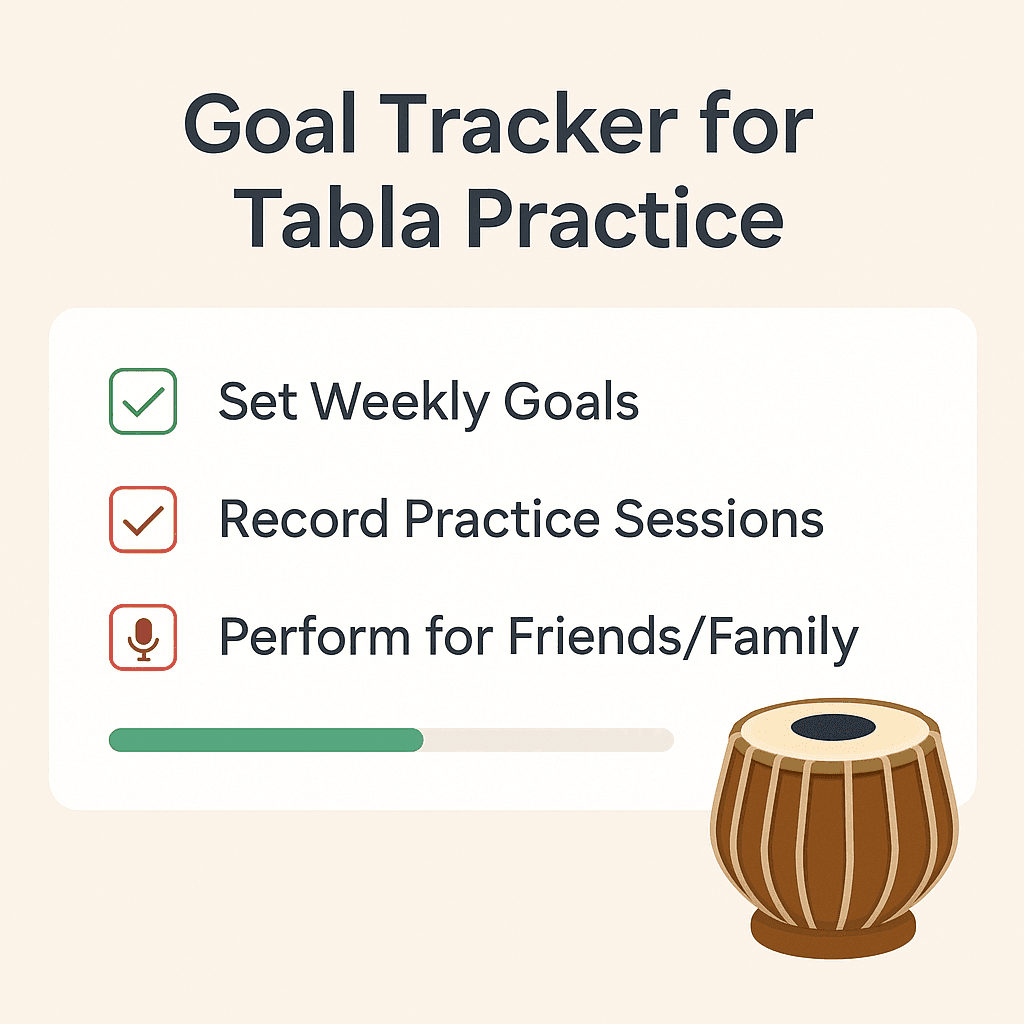
Tracking your progress keeps you motivated. Here’s how:
By following this structured approach, you’ll not only improve faster but also enjoy the learning process more.
Start Your Structured Learning Today
An effective practice routine combined with expert guidance leads to success. Ready to take your skills to the next level? Book a trial class with Art Gharana and start your tabla journey with top-notch instructors.
Choosing the right tabla teacher and learning resources is crucial to mastering this percussion instrument effectively. Whether you’re a beginner or an advanced player, the right guidance can accelerate your progress and deepen your understanding of Indian classical music. But with so many options available—both offline and online—how do you make the best choice?
A skilled tabla instructor can make all the difference in your learning journey. When searching for a teacher, consider:
To learn from highly experienced tabla gurus, explore Art Gharana’s team of expert instructors and find the perfect mentor for your journey.
With the rise of digital learning, many students now opt for online tabla classes instead of in-person lessons. Here’s a comparison to help you decide:
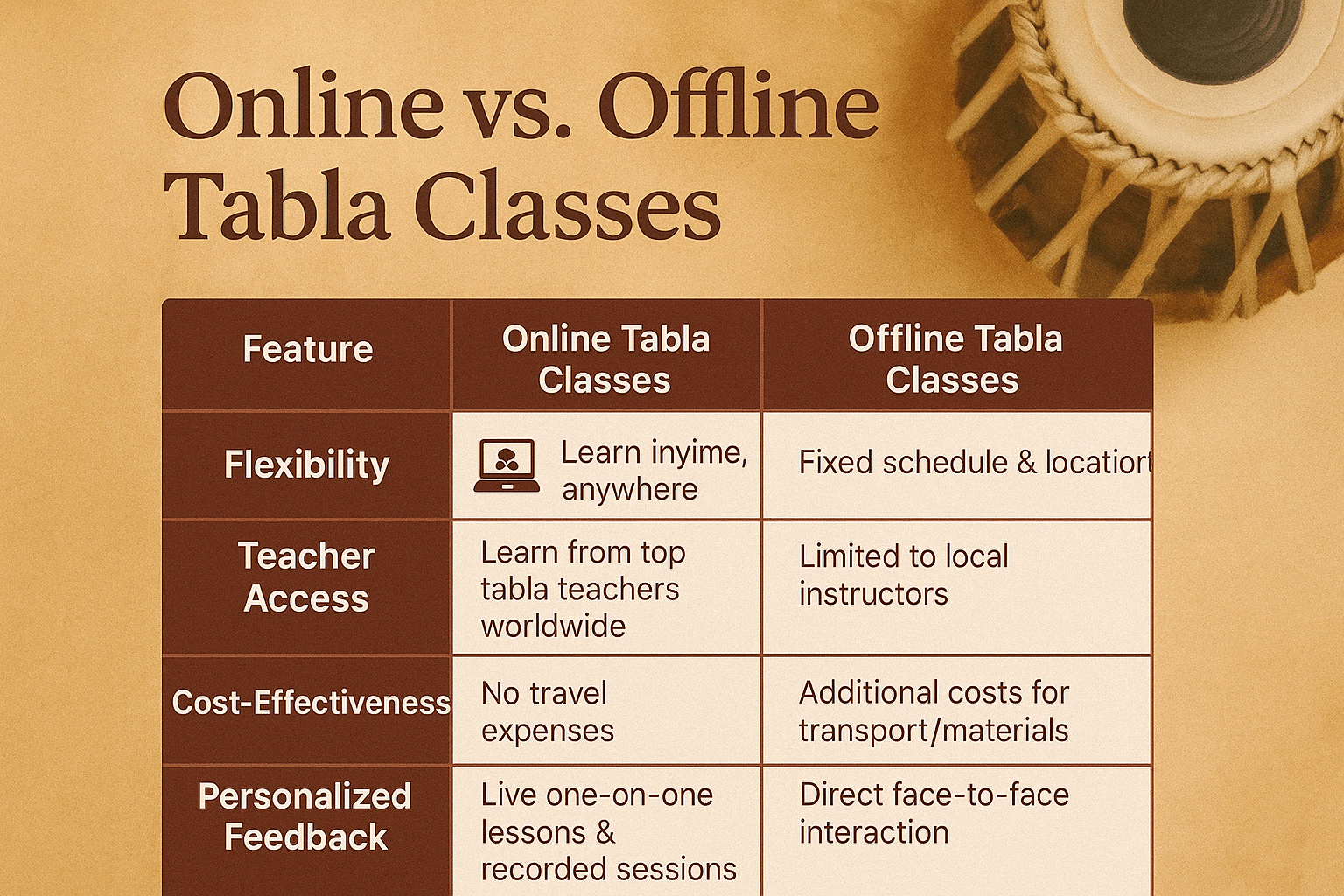
For structured and high-quality online tabla learning, enroll in Art Gharana’s online tabla classes and start learning from the best.
To enhance your practice, utilize a mix of resources, including:
You can find valuable learning support through Art Gharana’s dedicated student community, where you can ask questions, share progress, and stay motivated.
Learning tabla isn’t just about practice—it’s about practicing correctly. To ensure steady progress:
Start Your Tabla Learning Journey Today
A great teacher and the right resources can transform your tabla learning experience. If you're ready to take your skills to the next level, book a trial class with ArtGharana and start learning from top instructors today.